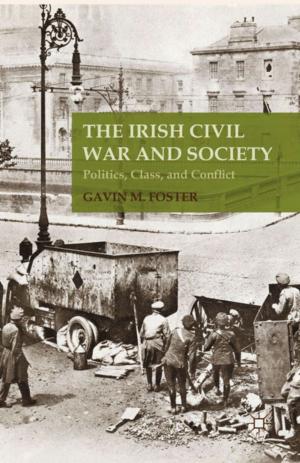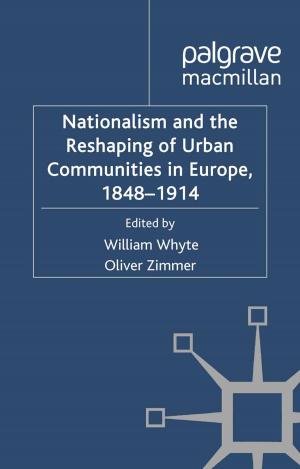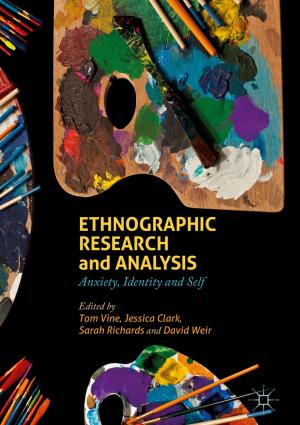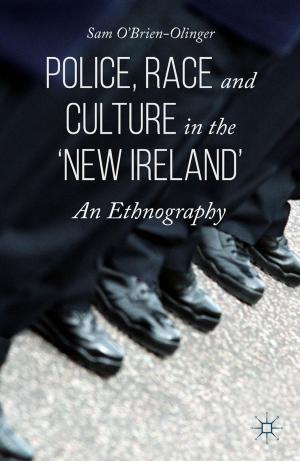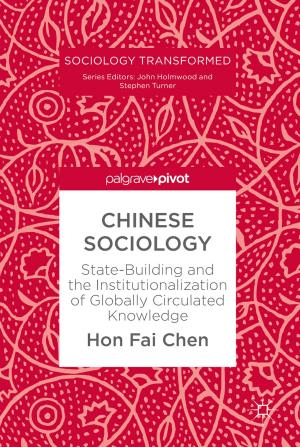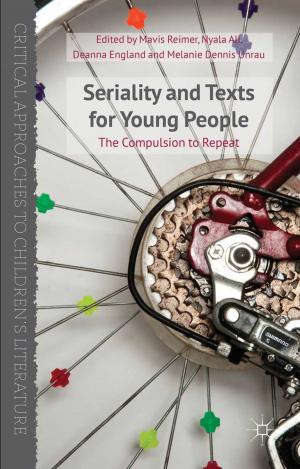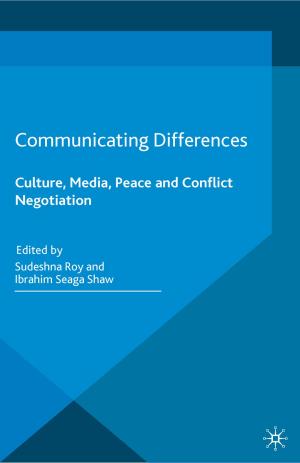Modern Acting
The Lost Chapter of American Film and Theatre
Nonfiction, Entertainment, Performing Arts, Theatre, Acting & Auditioning, Fiction & Literature, Drama| Author: | Cynthia Baron | ISBN: | 9781137406552 |
| Publisher: | Palgrave Macmillan UK | Publication: | August 18, 2016 |
| Imprint: | Palgrave Macmillan | Language: | English |
| Author: | Cynthia Baron |
| ISBN: | 9781137406552 |
| Publisher: | Palgrave Macmillan UK |
| Publication: | August 18, 2016 |
| Imprint: | Palgrave Macmillan |
| Language: | English |
Everyone has heard of Method acting . . . but what about Modern acting? This book makes the simple but radical proposal that we acknowledge the Modern acting principles that continue to guide actors’ work in the twenty-first century. Developments in modern drama and new stagecraft led Modern acting strategies to coalesce by the 1930s – and Hollywood’s new role as America’s primary performing arts provider ensured these techniques circulated widely as the migration of Broadway talent and the demands of sound cinema created a rich exchange of ideas among actors.
Decades after Strasberg’s death in 1982, he and his Method are still famous, while accounts of American acting tend to overlook the contributions of Modern acting teachers such as Josephine Dillon, Charles Jehlinger, and Sophie Rosenstein. Baron’s examination of acting manuals, workshop notes, and oral histories illustrates the shared vision of Modern acting that connects these little-known teachers to the landmark work of Stanislavsky. It reveals that Stella Adler, long associated with the Method, is best understood as a Modern acting teacher and that Modern acting, not Method, might be seen as central to American performing arts if the Actors’ Lab in Hollywood (1941-1950) had survived the Cold War.
Everyone has heard of Method acting . . . but what about Modern acting? This book makes the simple but radical proposal that we acknowledge the Modern acting principles that continue to guide actors’ work in the twenty-first century. Developments in modern drama and new stagecraft led Modern acting strategies to coalesce by the 1930s – and Hollywood’s new role as America’s primary performing arts provider ensured these techniques circulated widely as the migration of Broadway talent and the demands of sound cinema created a rich exchange of ideas among actors.
Decades after Strasberg’s death in 1982, he and his Method are still famous, while accounts of American acting tend to overlook the contributions of Modern acting teachers such as Josephine Dillon, Charles Jehlinger, and Sophie Rosenstein. Baron’s examination of acting manuals, workshop notes, and oral histories illustrates the shared vision of Modern acting that connects these little-known teachers to the landmark work of Stanislavsky. It reveals that Stella Adler, long associated with the Method, is best understood as a Modern acting teacher and that Modern acting, not Method, might be seen as central to American performing arts if the Actors’ Lab in Hollywood (1941-1950) had survived the Cold War.

